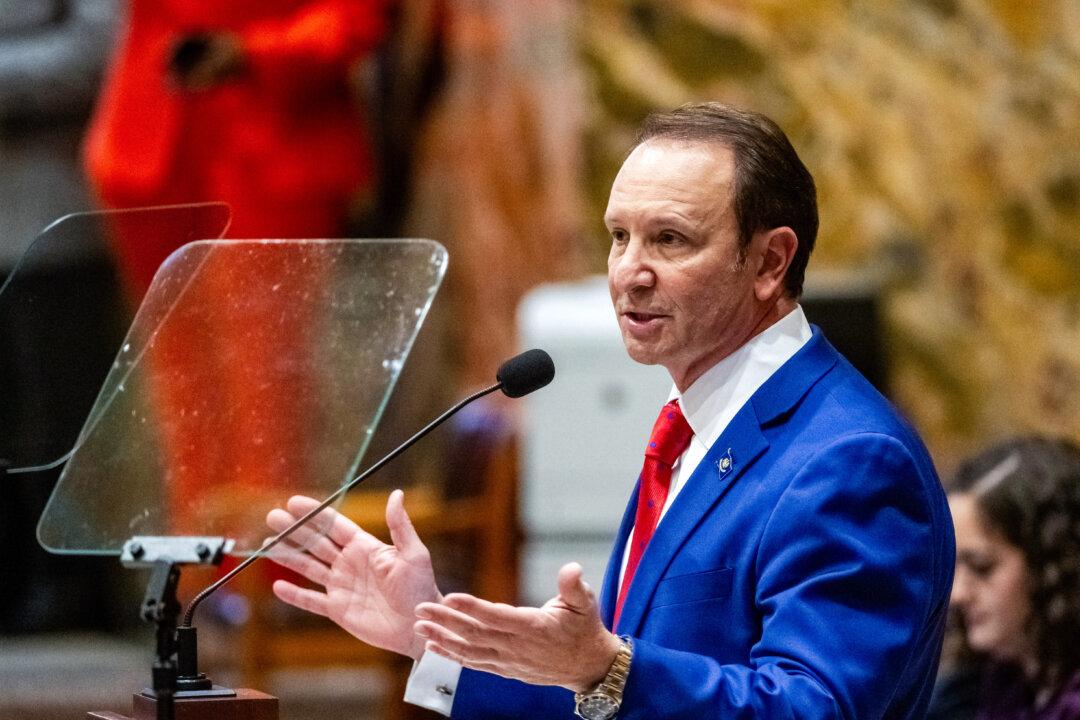Louisiana became the latest state to introduce school choice legislation on Wednesday, allowing parents to use public funds to support their children’s education, either at public or private schools.
Gov. Jeff Landry (R-La.), who took office in January, signed Senate Bill 313 into law on June 19. He hailed the measure as fulfilling a campaign promise to reform the state’s education system and said it would “bring common sense back to our classrooms.”





